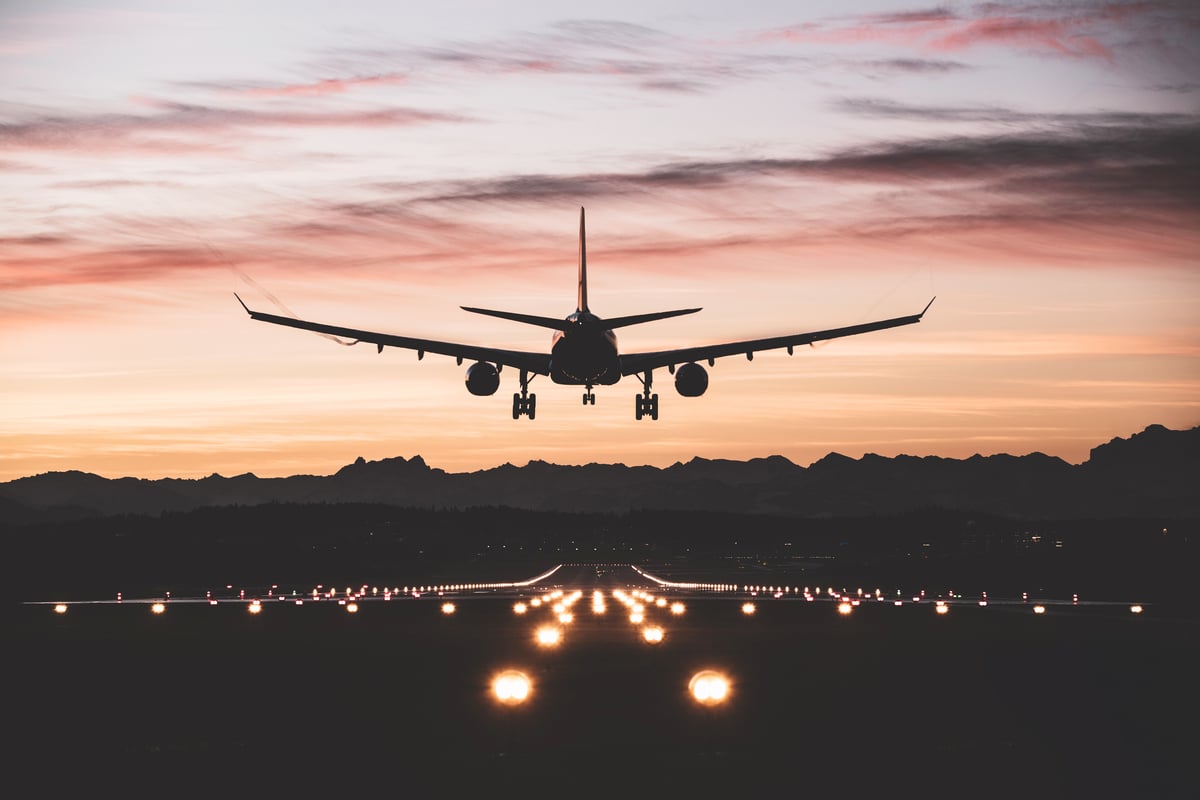Although we don't believe in timing the market or panicking over market movements, we do like to keep an eye on big changes -- just in case they're material to our investing thesis.
What: Shares of Spirit Airlines (SAVE +0.00%) are in take-off mode following release of its fourth-quarter results.
So what: Revenue jetted up 28% to $420 million, just a hair shy of analysts' expectations of $421 million. Adjusted net income soared 110% to $41 million, or $0.56 per share, well above the average estimate of $0.50 per share.
Part of the reason for the increase was due to the negative effects of Hurricane Sandy in the year-ago quarter; however, Spirit Airlines has been showing steady increases in revenue and earnings anyway.
Revenue per seat mile tacked on another 3% to 11.43 cents as the company continued to find ways to charge additional revenue-generating fees to passengers.
Now what: The eye-popping growth continues the trend Spirit Airlines has been seeing for years. For example, in the previous quarter it saw total revenue, revenue per seat mile, and adjusted net income explode 33%, 9%, and 130% respectively.
For 2014, analysts were expecting adjusted earnings per share of $2.89 which is a growth of 19% over the full year 2013. Look for analysts to raise these estimates. CEO Ben Baldanza prides himself for "doing things differently" than other airlines. He expects further growth and profits to continue as demand for its "ultra-low fare model remained very high."
Spirit Airlines charges comparatively cheap upfront fares then later charges comparatively expensive fees for products and services that are normally less expensive or even free with other airlines. Don't be surprised if he and his team figure out additional ways to charge more or higher fees or entice passengers with more products and services. This would add to the average revenue per passenger which was $132.86 last quarter, up 7% compared to last year.
Keep in mind, as with most airlines, its biggest risk and cost is fuel prices. Though Spirit Airlines does hedge against rising fuel prices somewhat with open fuel contracts, a rise in fuel prices tends to hurt the airline industry as a whole.






